07 policies to implement the Planning for natural disaster prevention, control, and irrigation in Vietnam for the period 2021–2030, with a vision to 2050
What are the policies to implement the Planning for natural disaster prevention, control, and irrigation in Vietnam for the period 2021–2030, with a vision to 2050? – An Phuoc (Ninh Thuan)
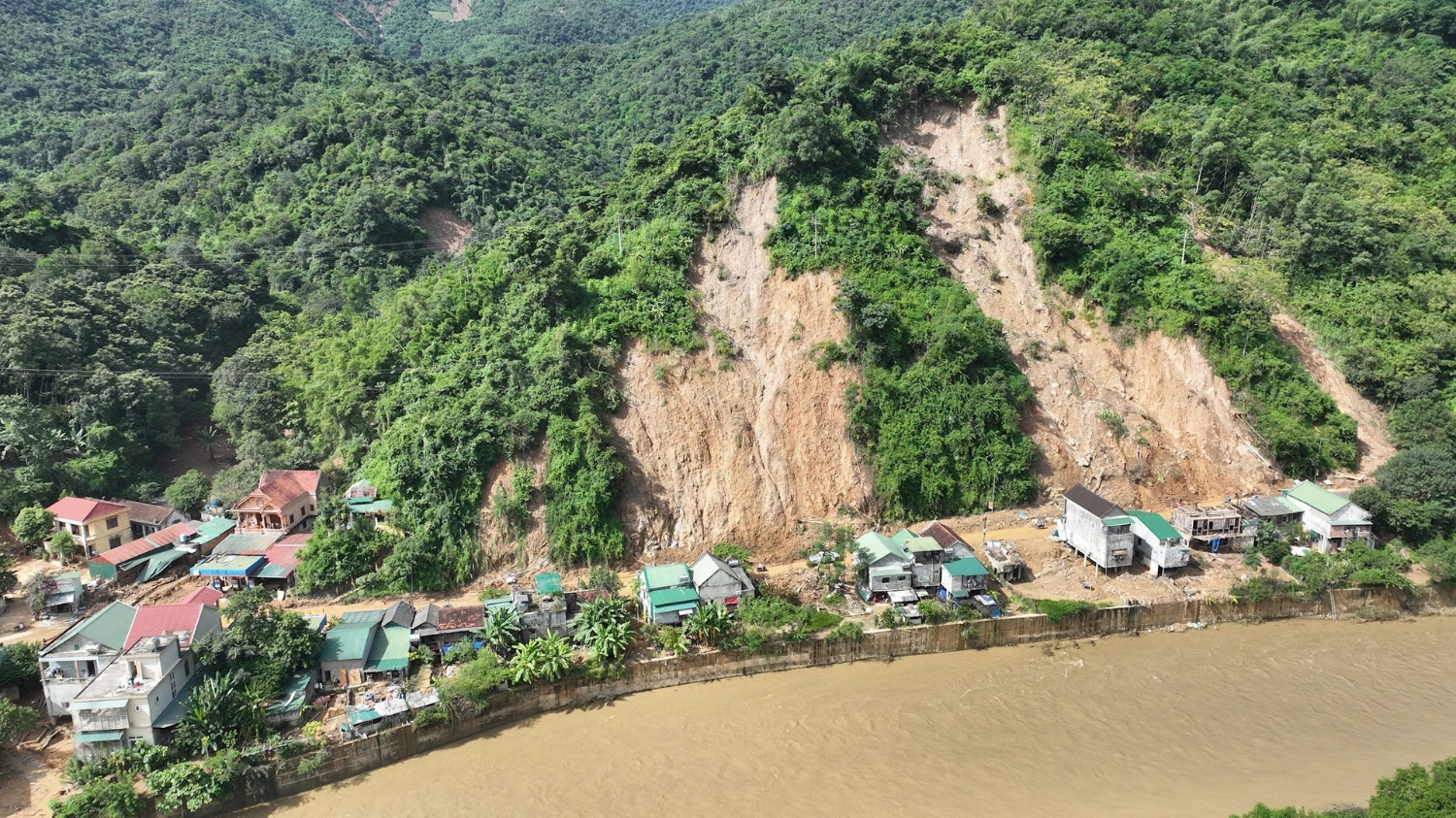
07 policies to implement the Planning for natural disaster prevention, control, and irrigation in Vietnam for the period 2021–2030, with a vision to 2050 (Internet image)
Regarding this issue, LawNet would like to answer as follows:
On February 2, 2024, the Prime Minister issued Decision 145/QD-TTg approving plans, policies, and solutions to implement the planning for natural disaster prevention and control and irrigation for the period 2021–2030, with a vision to 2050.
07 policies to implement the Planning for natural disaster prevention, control, and irrigation in Vietnam for the period 2021–2030, with a vision to 2050
Specifically, policies to implement the Planning for Natural Disaster Prevention and Control and Irrigation for the period 2021–2030, with a vision to 2050, include:
(1) Attracting investment in infrastructure development
- Balance the budget, arrange investment capital to build irrigation infrastructure and prevent and control natural disasters (upgrade and build new irrigation lakes, storage works, create water sources, regulate water sources; link, connect, water transfer works, salt and fresh water regulation works; dyke works, correction works, riverbank and coastal protection works, etc.) according to the approved planning roadmap. Strengthen coordination between ministries, branches, and localities to allocate resources to feasibly and effectively implement the Plan's objectives.
- Complete policy mechanisms and effectively deploy irrigation product and service price policies; Develop policy mechanisms to mobilize resources to respond to natural disasters from the natural disaster prevention and control fund to attract investment in developing irrigation infrastructure and natural disaster prevention and control according to planning.
- Strengthen cooperation with countries and international organizations, especially Japan, Korea, Netherlands, the World Bank (WB), the Asian Development Bank (ADB), the Japan International Cooperation Agency (JICA), the United Nations Children's Fund (UNICEF), and the Korea International Cooperation Agency (KOIKA), to take advantage of technical support and attract investment capital for the country. irrigation, natural disaster prevention and control, and rural water supply.
(2) Human resource development
- Train and attract high-quality human resources working in the fields of irrigation and natural disaster prevention and control, especially in the management, exploitation, and operation of irrigation projects, dyke management, and response to natural disaster situations; Consolidate and perfect grassroots irrigation organizations in accordance with the characteristics of the region. Strengthen cooperation and enlist the support of partners and international organizations in developing human resources for irrigation and natural disaster prevention and control.
- Develop training and foster plans for human resources in irrigation management, natural disaster prevention, and control to ensure inheritance, continuity, and quality. Carry out well the training and fostering of expertise, skills, and professional skills according to job position requirements. Create conditions for officials and civil servants to attend training courses, undergo professional development, and learn advanced management experiences in experienced countries in water resource exploitation management and natural disaster risk management.
(3) Developing science and technology
- Strengthen the application of digital technology, digital management infrastructure, advanced, modern, and smart science and technology in the management and exploitation of irrigation infrastructure and natural disaster prevention and control; Monitor work, inspect, verify, evaluate, propose solutions and tools to assess dam safety, and proactively respond to emergency situations for dams and reservoirs; minimize the impact of dam and reservoir incidents on downstream areas; Monitor and supervise dike works, preventing and combating landslides on river banks, coastlines, water sources, water quantity, water quality in irrigation systems, etc.
- Deploy research, development, application of scientific and technological advances, and innovation to use water economically; promote the application of advanced irrigation technology to save water on a large scale.
- Apply advanced technology to forecast and evaluate aquatic life; propose solutions to develop, protect, and improve forest coverage and quality on green bare land, bare hills, and mountains to increase water production; and protect and sustainably develop aquatic resources and important wetland ecosystems.
(4) Ensuring social security
Prioritize investment in developing irrigation works and natural disaster prevention and control (reservoirs, weirs, water transfer routes, multi-purpose water supply projects, livelihood creation projects, river dyke systems, sea dykes, etc.) in areas with difficult socio-economic conditions and areas frequently affected by drought, water shortage, saltwater intrusion, flood, inundation, and inundation to ensure social security; and protect, preserve, and promote cultural and tourist works.
(5) Environmental protection
- Promote environmental protection in construction investment, management, operation, and exploitation of works, irrigation systems, and natural disaster prevention and control works; Prioritize projects (reservoirs, dams, etc.) that contribute to improving the ecological environment and creating landscapes; Apply advanced irrigation solutions, save water in agriculture, and reduce greenhouse gas emissions.
- Strengthen the application of technology in protecting the water environment in irrigation systems, especially technologies for monitoring, supervising, controlling water quality, and managing and treating water source pollution.
- Control water quality, effectively manage and treat sources of pollution, and restore water sources in irrigation systems, especially irrigation systems that have been and are polluted, such as Bac Hung Hai, Nhue River, Bac Duong, and some irrigation systems in the Mekong Delta.
- Evaluate load-bearing capacity, classify wastewater discharge zones, determine wastewater discharge quotas, and develop a roadmap to reduce wastewater discharge in rivers and canals of the irrigation system.
(6) Ensure financial resources
- Balance appropriate financial resources to meet the needs of investment capital, management and operation of irrigation works, irrigation systems, and natural disaster prevention and control works according to planning. Regularly review and evaluate the actual infrastructure development needs of each region to propose and adjust a reasonable investment priority list, ensuring concentrated investment with a focus and emphasis consistent with the ability to allocate resources.
- The Ministry of Agriculture and Rural Development, the Ministry of Finance, and the Ministry of Planning and Investment coordinate closely in balancing and reporting to competent authorities to consider the arrangement and use of the annual budget to implement the contents according to the Planning.
- The Ministry of Agriculture and Rural Development coordinates with localities and relevant agencies to mobilize and attract extra-budget capital sources to participate in investing in the construction of multi-purpose projects (combining hydropower development, tourism, services, domestic water supply, etc.) to meet the need for investment capital to develop projects according to the approved Planning.
(7) Ensuring national defense and security
- Proactively and actively participate with the international community to resolve issues related to water sharing; coordinate to build cooperation mechanisms with neighboring countries and countries in the region to resolve issues related to cross-border water sources, ensuring national water source security.
- Prioritize works and projects that solve urgent problems in natural disaster prevention and control and irrigation, combined with defense and security projects in border areas and islands to serve daily life, production, natural disaster prevention, response to climate change, and ensuring national defense and security.
- Key word:
- natural disaster
- in Vietnam
- Number of deputy directors of departments in Vietnam in accordance with Decree 45/2025/ND-CP
- Cases ineligible for pardon in Vietnam in 2025
- Decree 50/2025 amending Decree 151/2017 on the management of public assets in Vietnam
- Circular 07/2025 amending Circular 02/2022 on the Law on Environmental Protection in Vietnam
- Adjustment to the organizational structure of the Ministry of Health of Vietnam: Certain agencies are no longer listed in the organizational structure
- Vietnam aims to welcome 22-23 million international tourists in Vietnam in 2025
-
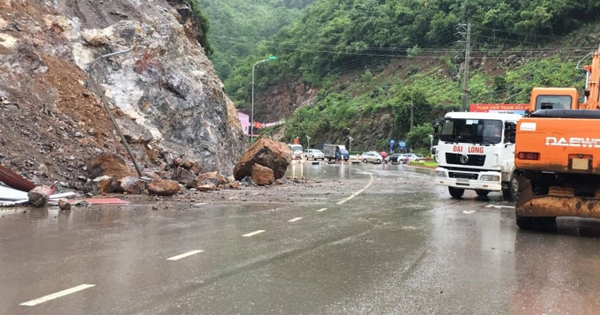
- Contents of the estimated norms for digging and ...
- 08:00, 30/01/2025
-
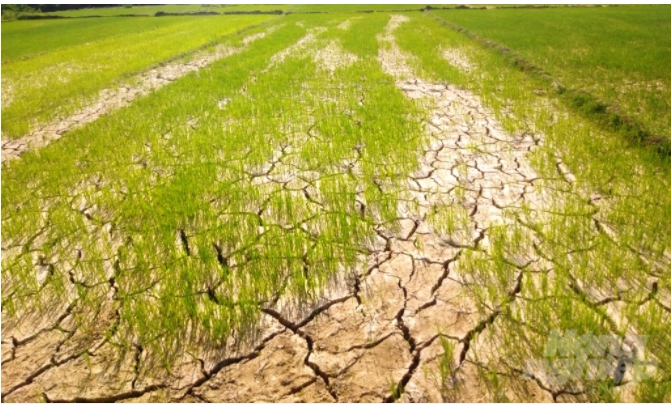
- Forms for proposals to support agricultural production ...
- 10:49, 17/01/2025
-
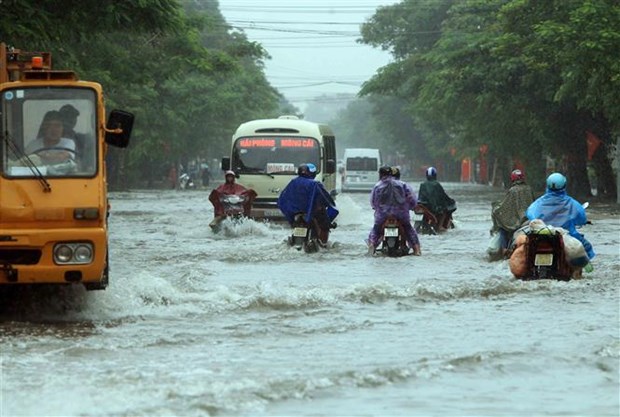
- Content on natural disaster prevention in road ...
- 08:00, 05/12/2024
-
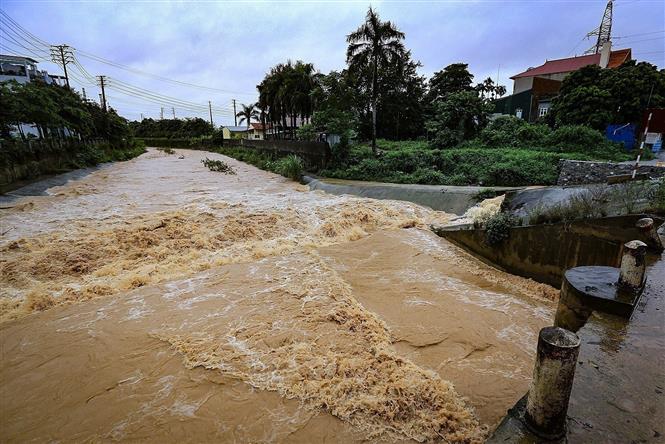
- The Ministry of Health of Vietnam requests proactive ...
- 17:30, 29/11/2024
-
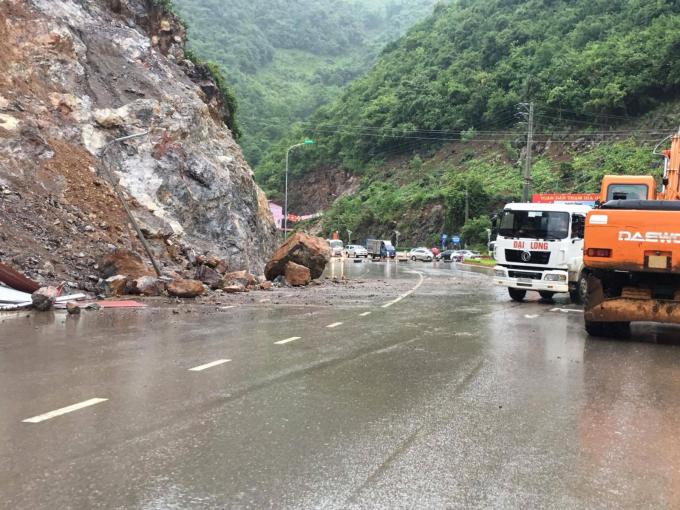
- Prevention of natural disasters for roadworks ...
- 14:00, 29/11/2024
-

- Notable new policies of Vietnam effective as of ...
- 16:26, 11/04/2025
-
.Medium.png)
- Notable documents of Vietnam in the previous week ...
- 16:21, 11/04/2025
-
.Medium.png)
- Notable documents of Vietnam in the previous week ...
- 16:11, 02/04/2025
-
.Medium.png)
- Notable new policies of Vietnam to be effective ...
- 16:04, 02/04/2025
-
.Medium.png)
- Notable new policies of Vietnam effective from ...
- 14:51, 21/03/2025
 (1).png)
 Article table of contents
Article table of contents
